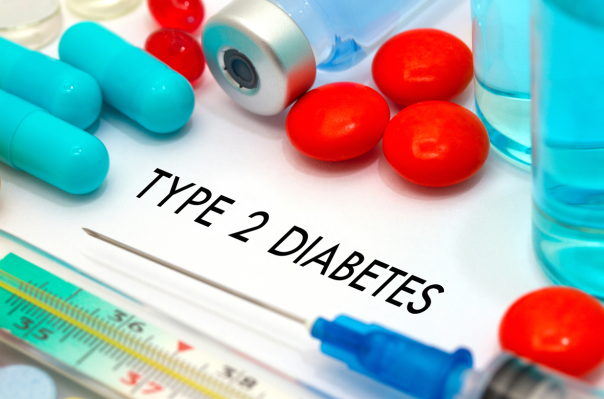
Randomised controlled trials had already shown that under such conditions the diet worked, but the latest study set out to measure how effective the ‘soups and shakes’ diet might be in the real world, without close medical supervision.
On average participants lost 9kg-10kg in weight, while nearly a third (32%) of those who completed the 12-month programme lost nearly 16kg and had remission of type 2 diabetes.
The researchers concluded that the greater the weight loss the more likely people were to see the condition go into remission.
The programme is called the NHS T2DR programme and involves replacing a patient’s diet with nutritionally complete soups, shakes and nutrition bars. This consists of 800 to 900 calories a day for 12 weeks, triggering rapid weight loss. Participants are then supported to reintroduce healthy food and maintain the loss.
Clare Hambling, the NHS national clinical director for diabetes and obesity, was reported in The Times as saying: “This can have a huge impact on the lives of participants and it’s brilliant that these findings show a large number of those who completed it have seen life-changing benefits including major weight loss and type 2 diabetes remission.
“We know obesity is one of the biggest threats to health in the UK and will be one of the biggest and most costly challenges for health systems globally, so seeing such encouraging outcomes from our programme shows that obesity can be tackled head on, and we’re looking forward to scoping any further expansion to this programme in due course.”
The researchers caution, though, that more than half of the 1,700 people with type 2 diabetes who originally signed up for the programme dropped out before the final tests on them were made.
In May the NHS announced it would be spending £13m this year to support an expansion of the programme nationwide.